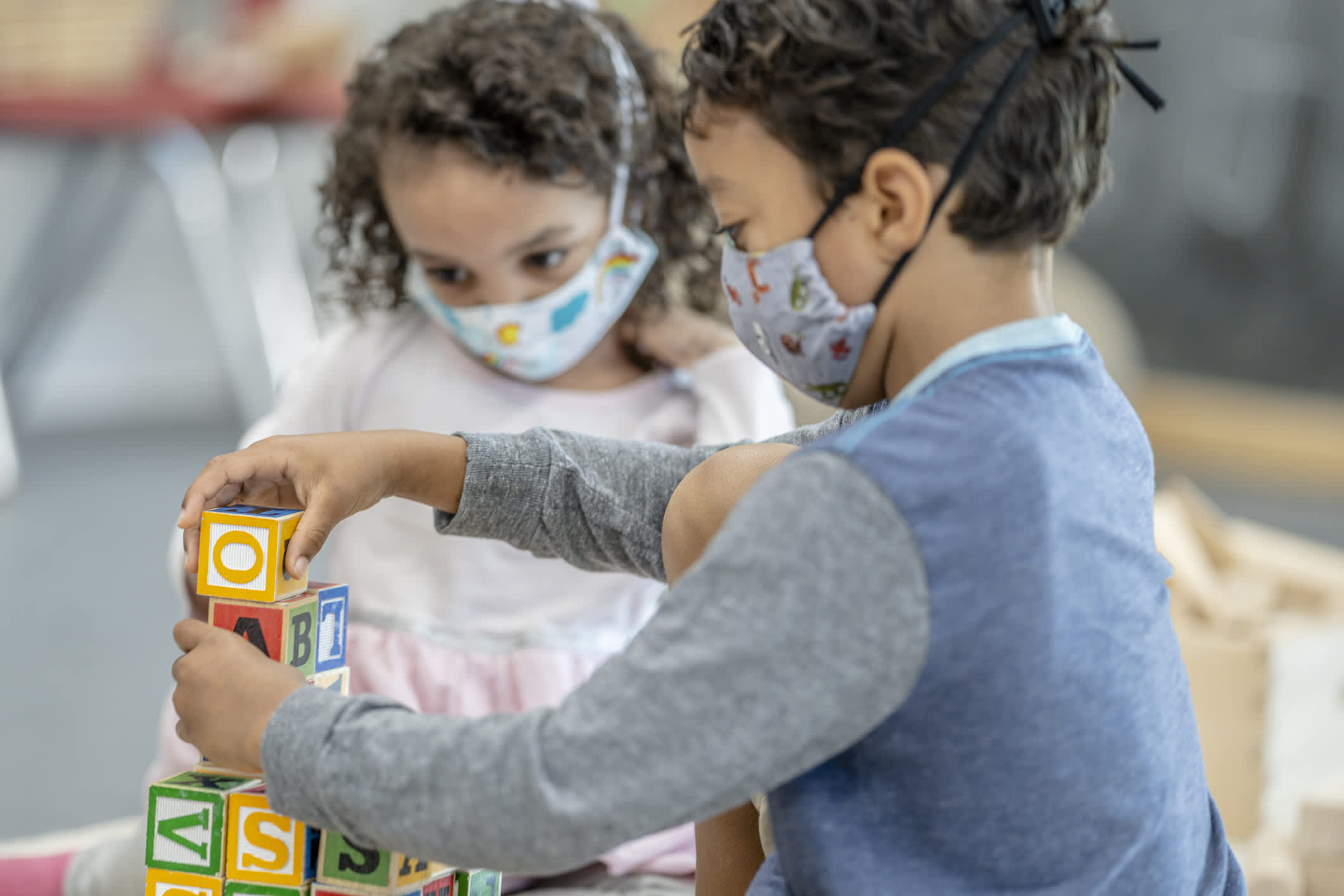
FatCamera | E+ | Getty Images
The benefits of teaching kids to be considerate early on go well beyond good manners, with research suggesting that raising young children to be kind is crucial for their development.
Having a child that knows when to say please and thank you is just one aspect of why parents should be raising kids to be considerate toward others from an early age.
A study by academics in the psychology department at the Canadian University of British Columbia, published in 2012, examined the effect on toddlers when they demonstrated "prosocial" behavior, which refers to showing kindness and generosity toward others.
It found that before the age of two, "toddlers exhibit greater happiness when giving treats to others than receiving treats themselves."
The study also showed that children were happier after engaging in "costly giving – forfeiting their own resources – than when giving the same treat at no cost."
Lara Aknin, one of the authors of the study, told CNBC via email that "ideally caregivers can scaffold these opportunities to allow kids to give in meaningful and direct ways that lead kids to feel like they have chosen to help."
The positive feelings that a child might feel from showing generosity or support to one another are "likely to inspire kind action again in the future," Aknin said.
Kind kids and school
Meanwhile, another study indicated that kindness among young children might actually be linked to how well they do in school.
The study, published in 2021, was conducted by academics from Stanford University and the U.K.'s University of Leeds, in conjunction with the Bradford Teaching Hospitals NHS Foundation Trust.
Over 1,000 children from disadvantaged neighborhoods in the U.K. city of Bradford were monitored at four different stages until the age of seven.
The results of the study suggested that "prosocial behavior may be a protective factor for the academic achievement of children faced with limited contextual resources and educational opportunities."
Emma Armstrong-Carter, a co-author of the study, told CNBC via a video call that one way to encourage this prosocial behavior in young children was to get them involved in easy family tasks. She said this might include assisting with cooking, cleaning, caring for pets or helping younger siblings with homework, for example, but emphasized this would vary between households depending on factors, such as the age of the child and family socioeconomic resources.
She added that it's also important to "broaden our understanding" as to how kids can help others.
For instance, she said that one way of supporting others, which may not always be recognized, is "prosocial risk-taking."
For instance, another study Armstrong-Carter co-authored, published last year, found that "teenagers often helped each other in ways that could incur risk to their social reputation."
This might include standing up against bullying, spending time with an "unpopular" peer, sticking up for a teacher, helping a friend receive mental health support even though they don't want it or speaking out against gossip.
However, Armstrong-Carter said these "behaviors are not always recognized by parents, teachers and communities as 'helping,'" despite being prosocial.
Intrinsic motivation and empathy
Dave Whitaker, author of "The Kindness Principle: Making Relational Behaviour Management Work in Schools," told CNBC via telephone that it was key to encourage kids to be intrinsically, or internally, motivated to be kind, as opposed to these behaviors being prompted by external factors, namely rewards and punishments.
He said it was important to encourage kids to think this way early on because "every single interaction that a child has with an adult or another child is the potential for a connection [to form in the brain], or is essentially an intervention — it's a learning experience for those children."
Modeling the behavior that parents want their kids to learn was one way to help do this, Whitaker suggested, as it helped children learn how to regulate their emotional responses to different situations.
He recommended that parents try to work out a conflict with "restorative" questioning or conversations, rather than using "demand language," as this helped develop a child's sense of empathy. For example, Whitaker explained that it's better to help a child understand what they have done wrong and how to resolve an issue, rather than simply demand that they apologize for something.
Check out: Top coders say these skills will give kids a head start in the industry
https://ift.tt/gzUhIVM
Tidak ada komentar:
Posting Komentar